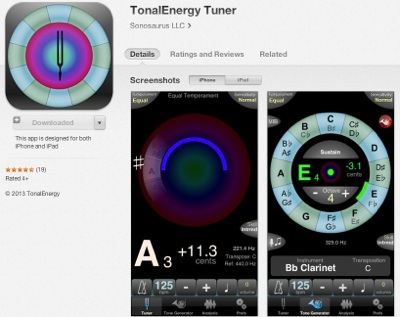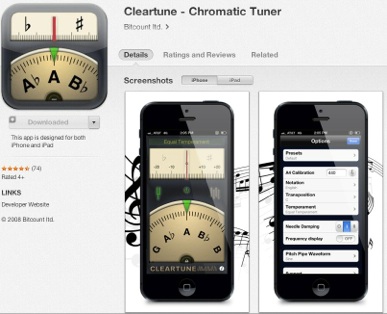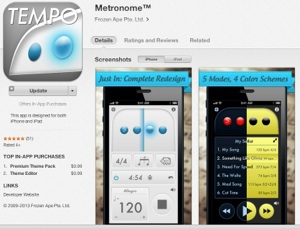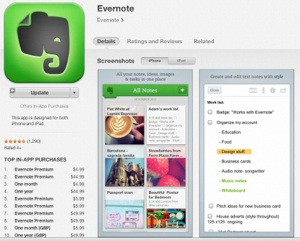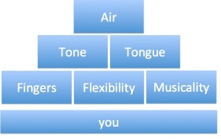sharing the gift of music


Sharing the gift of music through teaching young students
Young students need:
•Motivation
•Structure / guidelines
•Skills development
•Patience & Connection
•Freedom to experiment (and enjoy!)
But.... you can’t teach motivation!
Structure / guidelines:
Set up the educational atmosphere.
Students need to know when it is time to learn. You should establish an atmosphere in the classroom, or wherever you are teaching that is supportive of teaching. When students know that this is a place where they can learn, they will be more likely to try and learn.
Develop the language.
Young students need to begin using the language of music. Use catch phrases, anagrams, or simple rhymes to help them begin to connect with music.
There 3 P’s that make a great musician are:
preparation / patience
practice / persistence / perseverance
performance / passion
Audi-ate
Resonate
Play real great!
The lower you go, the more you blow!
Be consistent.
Young students need consistency. Try and approach each meeting with the same type of goals, lesson format, or flow. Often, we try and teach everything all at once, often this will overwhelm and alienate students. This will also help you connect with your students.
Teach in order.
1) Start by having your students playing the right notes.
2) Next, play the right rhythms.
3) Add musical style / feel
4) Adjust intonation
Skills Development:
Learning a skill is not like learning knowledge. Skills take a lot of time, preparation, and repetition.
Know your material.
The 5 basic building blocks of brass technique are:
•Air
•Tone
•Tongue
•Fingers
•Musicality
•(you)
Think like a sports team coach.
Coaches prepare for every game. Teachers should also. Anticipate problems and devise solutions. Devise “drills” and exercises to develop the right skills for students.
And most importantly, don’t be afraid to throw the playbook out the window and start over. We all can teach what we know. Can you teach / coach something that you never have done before?
Patience & connection:
You need to connect with your students on some level. Music is a skill that is taught from a master and learned from an apprentice. Try to avoid separating yourself from your students.
Serve as the example for your students.
Do what I say, not what I do. If you expect your students to do something, you should be doing it too. Expect them to show up warmed up and ready? You should also do the same so that you can model something for them.
Laugh at the noise, not the student.
Make sure that you are separating the student from the actions. If the student makes a funny noise with their instrument, laugh at the noise, not at Johnny. Avoid: “Johnny, you’re an awful trombone player.” Try, “Johnny, that was an inappropriate noise, you’re a good man, you know better.”
Also, acknowledge and praise the progress, set to a standard. Avoid setting the standard to reflect progress. Don’t expect a 6th grader to sound like Joe Alessi, but as they get better, praise the progress. “Johnny, that was so much more like sounding like a professional, but there’s plenty to improve upon.”
Expect patience, use patience.
Young students only have small gains over long periods of time. Expect your students to improve slowly. 1 hour of practice per week vs. 1 hour of practice per day. As a teacher, you also need to HYPE on small improvements. (Avoid false hype.)
Remember for young students, repetition is the key!!!!!! We often may feel like a bad teacher if we make a student play something over and over and over again. We are not cheating -- young students need repetition.
Love & participate
Don’t forget to show love for music. Even if it’s not something you say, students will know if you love music or not. Finally, be an active participant in musical moments with your students.
Freedom to experiment (and enjoy!):
As a teacher, we often forget that we must create REAL musical experiences for students!
Create musical moments.
If you create real music in the classroom or practice room, then music sells itself. Students will become more interested in experiencing musical moments if they are allowed to have one. Many times, the teacher gets in the way of the moment. Try when possible to pick music that connects with students.
Allow experimentation.
Young students are naturally curious. Try and allow your students the freedom to try new things. This is not limited to improvisation. This can also be in simple things like dynamics, tempo, etc. You can set these moments up, or acknowledge them when they happen naturally.
Enjoy music.
Simply said, enjoy the music. We often get wrapped up in the mechanics of skill building, pursuit of excellence, or mastery of playing, that we often forget to enjoy each moment. Music is a gift.
Technology:
Evernote
by Evernote
You can share exercises or notes.
Tuners:
Tonal Energy Tuner
by Sonosaurus LLC
Cleartune
by Bitcount ltd.
Metronome:
Metronome
by Frozen Ape Ltd.
